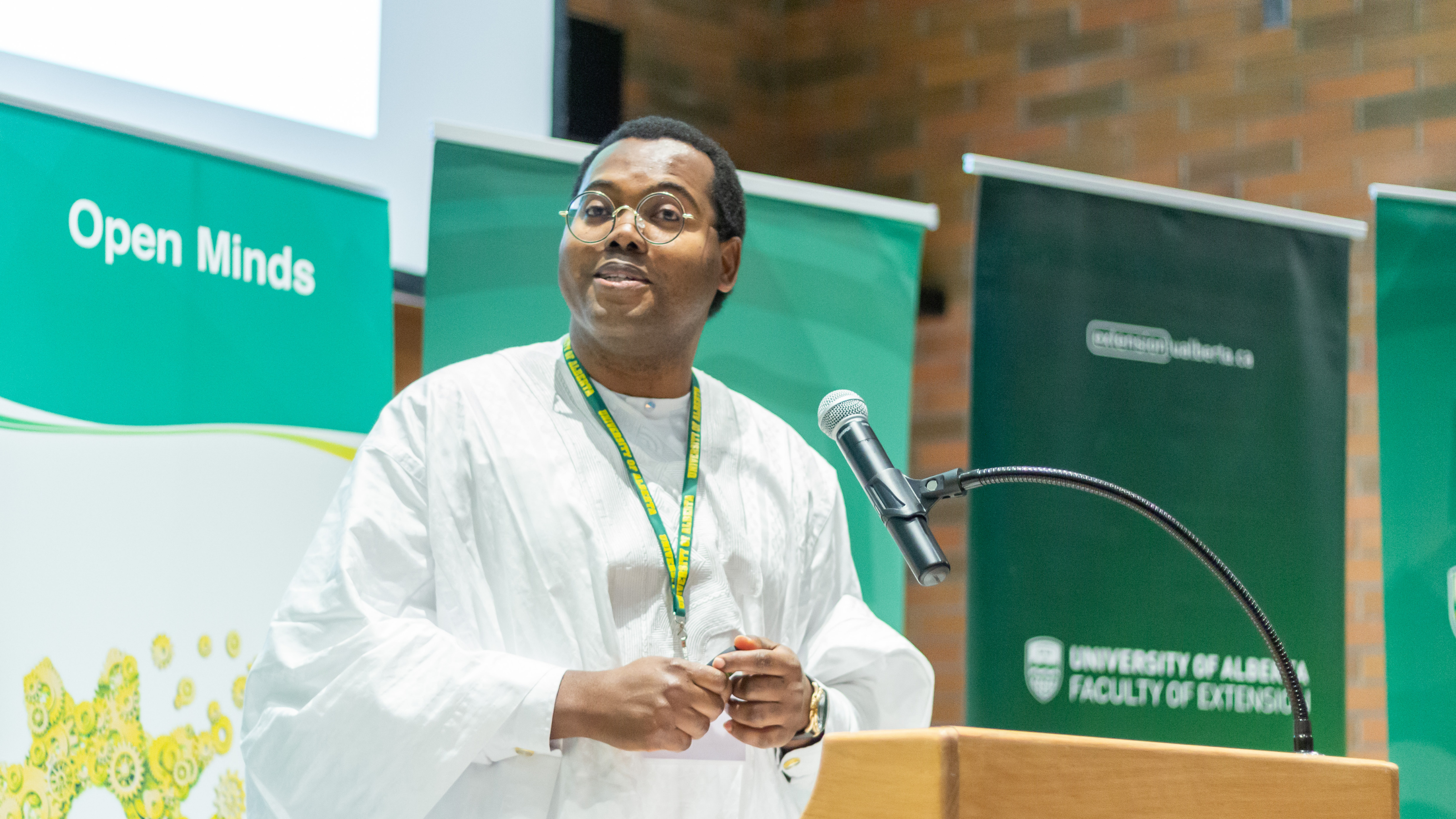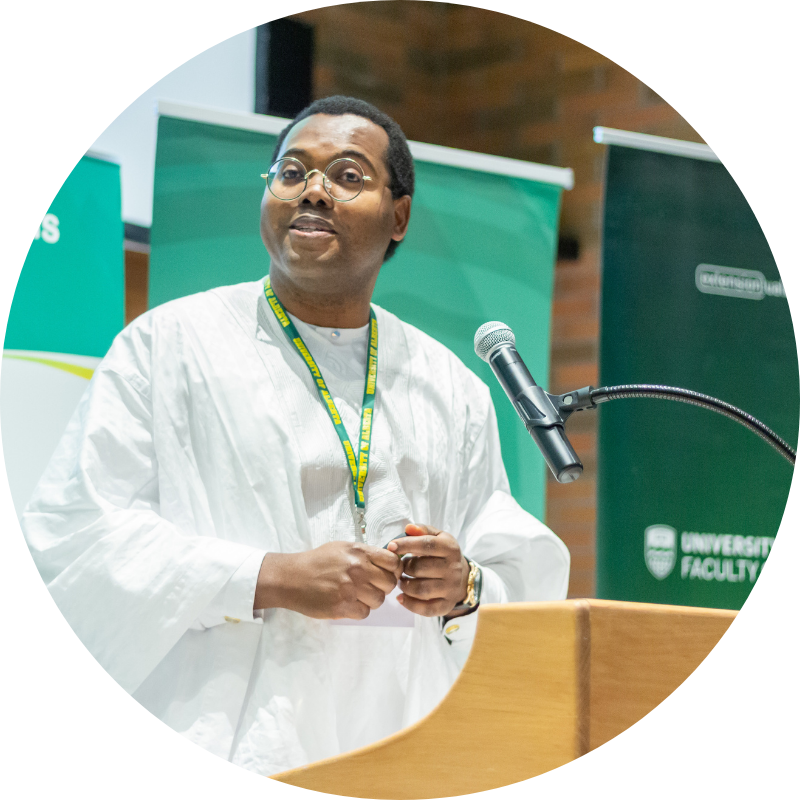In 2012, I was lead author of a paper which studied the deaths of 26 persons following police deployment of a conducted energy weapon, one in a range of “less-than-lethal” force options, in Canada. My colleagues (Nicole Neverson and Charles T. Adeyanju) and I found that the affected persons shared certain characteristics. They tended to be males (100%), had chronic drug problems (61.5%) and were disproportionately poor (53.8%). We also found that some of them were ethnic minorities (26.9%), certified mentally ill (15.3%) and 11.5% were recent immigrants. Although this was before the term “intersectionality” acquired a life of its own, the confluence of factors vis-à-vis the general population was evident to our research team. We cautioned that the use of force ‘on the downtrodden has led to a very unhealthy mistrust, dread and fear of the police’ (p. 77). We were concerned about the kinds of tools available to police services, use of force, particularly in spaces inhabited by marginalized populations and public perception of and reaction to incidents of excessive use of force.
The paper bounced around a bit before being accepted. Most of the reviews we got criticized the article on conservative ideological grounds but offered little by way of useful suggestions. Media organizations were interested in the findings when the paper was published. I gave a media interview in which a statement was accurately quoted but without context. Some of the online comments were downright terrifying. We espoused ideas whose time had not come. I wish we were wrong.
As a new assistant professor at the time, I found comfort in researching international issues and had greater success publishing in the kinds of venues I wanted. It was much easier publishing about social problems overseas. Those issues were not quite as controversial as writing about policing or warning about the fear felt by citizens.
George Floyd’s death in May 2020 changed that. There seemed to be greater willingness to engage on the issues that my team and I began to research over a decade earlier. I wrote a short op-ed published by The Conversation in June 2020 titled How police departments can identify and oust killer cops. I shared our work and the state of the scholarly literature on the issue. The article went viral. I was thrust into the national conversation over police use of force in Canada. I would occasionally say to journalists when cameras were turned off or after concluding live interviews ‘you know, we wrote on these things about a decade ago’.
By late 2020, the Ministry of Justice and Solicitor General, Government of Alberta, began the vetting process for my appointment as Special Adviser on Police Act Review. The appointment had to be confirmed by the Cabinet of the Government of Alberta. I did not expect the appointment to go through. My perspectives on the issues were grounded in the current state of the literature and were strong. For example, I called for requiring a minimum of a bachelor’s degree for new police recruits, increasing basic training from six to a minimum of 12 months and ensuring that at least 40% of sworn officers were women with a target of gender parity.
There were publicly available records about my engagement on the issues — newspaper reports, radio and television interviews — across Canada and as far as India, Nigeria and Australia. I had made presentations before key institutions, including the Edmonton City Council. I was sure that once the vetting team came across those records, they would know where I stood on police reforms and would not bother to appoint me to the role. I was wrong. The Minister of Justice, Kaycee Madu, and his staff worked on the appointment and got it approved by the Cabinet.
I was appointed Special Adviser on Alberta’s Police Act Review in February 2021. We began public consultations. I participated in about 14 or so sessions. There were dedicated sessions to addictions and mental health advocates, Muslim communities, LGBTQIA2S+, Indigenous communities, Black communities, Arab Communities, rural Alberta and youth services communities, among others. I saw firsthand the enormity of reforming the police — the divisions and agreements, clashing worldviews and space for consensus.
I could tell the term “defunding” the police alarmed too many members of the public, including some who genuinely wanted things to change. (I was not surprised when a measure by that name failed to pass in early November 2021 in Minneapolis, where George Floyd was killed). I gave candid answers on the problematic nature of the term in media interviews and op-eds. I had a couple of frosty encounters during the public engagement sessions with some Black Lives Matter activists, who thought that my being special adviser on Police Act review made me suspect and said my PhD meant I did not fully understand conditions on the streets. Nonetheless, it would be totally worth it when the recommendations I made are passed into law in the coming weeks or months. Of course, that is out of my hands but I am an eternal optimist.
Writing about policing issues takes daring and grit. The issues are emotionally draining, particularly for minority scholars who are connected to their communities. I am pleased to see a new crop of scholars engaged in this process of envisioning a new and more inclusive society.
Robyn Maynard is one of those young scholars. She published an outstanding book in 2017: Policing Black Lives: State Violence in Canada from Slavery to the Present. The book unpacks anti-Black racism in Canada across time. It explores “state-sanctioned violence”, practices and the ‘role that the state has played in producing the demonization, dehumanization and subjection of Black life across a multiplicity of institutions’ (p. 6). Therefore, Maynard’s focus on “policing” is not exclusively about cops or police services. Her approach is comprehensive, textured and nuanced. It covers the spectrum of the criminal justice system, child welfare, social services, medical institutions and schools, among others.
The book calls on us to challenge structures of racial oppression in Canada. Maynard adopts an intersectional Black feminist critical race theoretical approach. Her book removes the veil from our eyes to see the effect of institutionalized practices and policies from slavery to the present day. You are just as likely to read about the use of images of Black people for target practice by police as well as the push out of Black children and the school-to-prison pipeline. Maynard calls it as it is and takes no prisoners. Her award-winning book Policing Black Lives is a compass for understanding how we got to where we are and the dynamics and vagaries of social conditions at this defining moment in Canadian history.
Robyn Maynard is the embodiment of the zeitgeist — the mood of the times — post-George Floyd. Still only 34 years old, Maynard is young, energetic, fearless and the appropriate scholar-activist to speak to the state of human rights in Canada. It is incredibly apt that our university has invited Robyn Maynard to deliver the 2021 Visiting Lectureship in Human Rights: Policing Black Lives 5 Years Later: On the limitations of reform, and the expansive terrain of liberation.'
The prescient insights in Robyn Maynard’s 2017 book and her scholarship and advocacy since then are compelling and more relevant than ever. This year’s Visiting Lectureship in Human Rights will be a barometer for how far we have come and what needs to happen from now on.
The 2021 Visiting Lectureship in Human Rights is a free online event scheduled on Tuesday, November 23, 2021 at 7:00 p.m. Register here.

 About Temitope
About Temitope